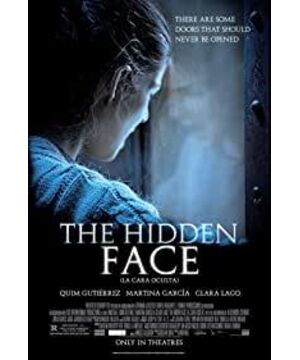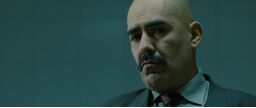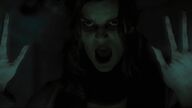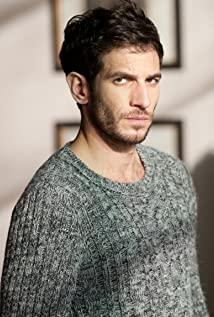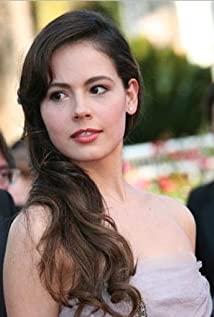The themes that should be possible are doing unexpectedly silly things when you are afraid of losing, and indifference to basic conscience when you desire to have. Musician Adrian's predecessor, Belem, begins the ordeal of anger with a parting out of suspicion. So the musician had to grieve alone in the tavern. At this time, the heroine Xiaofa appeared, and the further back a good creation was, the deeper it became. The best part of the dark side is that her looming gloomy expression is very suspicious
——Related to the disappearance of Beren?
The subsequent development of the plot completely dispels this doubt. It turned out that she went missing because she set herself on fire. Through the full glass door we see a house full of broken hearts. Later, the original Xiaofa occasionally appeared gloomy and real for a reason (seeing death but not saving it). Through the interaction between them, God seemed to be asking about the inherent evil of human nature? She almost spontaneously ran to save people, human nature is good? It was a tough decision to take out the key and put it away, and mercy finally gave way to selfishness.
This film is a pure natural plot change, the arrangement is soothing but not redundant, and the ending also maintains the openness of similar classics. Personally, I feel that Belen put the photo on the mirror to show that she has come back, and I heard that the old woman left the key after her death, which is equivalent to giving her opponent a chance of life. Let the audience feel the peculiar bright side of human nature.
In addition, the ending scene was too shocking, the heroine woke up from the coma and rushed towards the exit of despair. . .
View more about The Hidden Face reviews


